We know the only thing more frustrating than recurring spots is not knowing where they come from [1]. That's why we're getting to the bottom of the problem. Is it stress? Hormones? Your penchant for beige food? Or just terribly bad complexion luck? Worry no more. Instead, clear up your mind — and your skin — with this guide to the causes of breakouts. Once you know what's causing acne to flare up, it's easy to develop a plan of attack [2] to get rid of your spots. Read on to see what culprits could be responsible for your blemishes — and what to do about it.
— Additional reporting by Morgane Le Caer

Your Makeup Brushes Aren't Clean
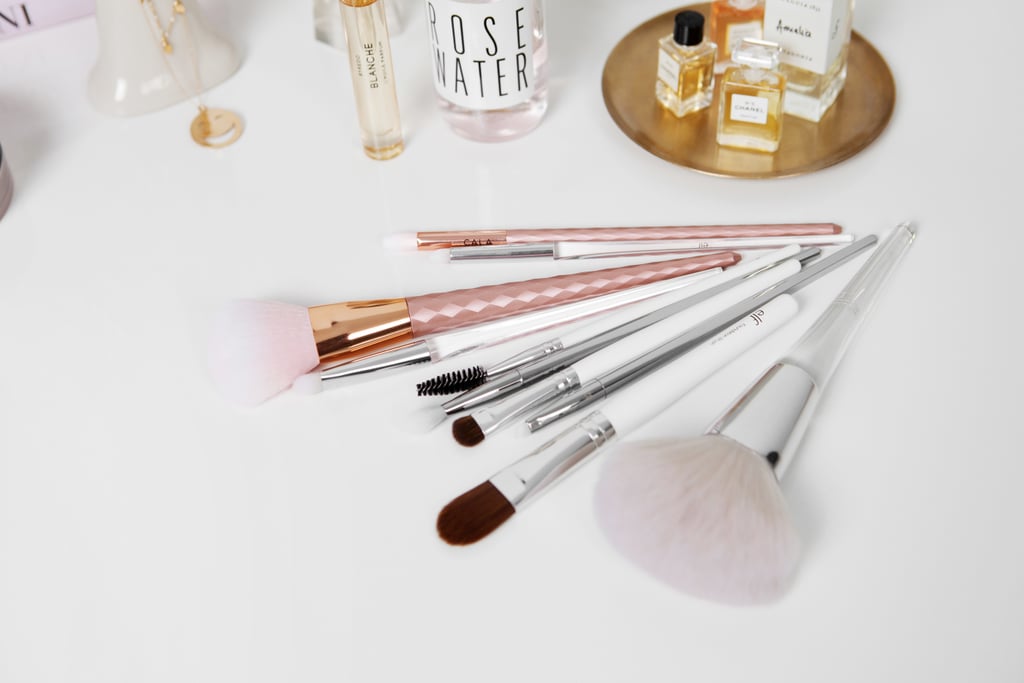
On your list of things to do, washing makeup brushes probably ranks somewhere between taking out the bins and cleaning the litter box. If you want a clear complexion, though, you've got to do it. Otherwise, bacteria grows — and dirty brushes will just transfer that bacteria to your face. But it doesn't have to be a chore if you've got the right products and knowhow [4].
It's in Your Genes

Did your dad have acne? Do your siblings? Lucky you — it just might run in the family. A 2002 British study suggests that 81 percent of acne can be attributed to genetic factors rather than environmental ones. File this one under "not your fault" and make an appointment with your GP.
You Work Out

Sweat itself doesn't cause breakouts, but it can mix with oils in your pores — and that can lead to acne. Friction can also aggravate acne, so wear loose-fitting clothing made of natural fabrics; synthetic fabrics such as Lycra and nylon can rub against skin, trap sweat, and clog pores. When showering after a workout, use a body wash with salicylic acid to keep pores clean.
It's That Time of the Month
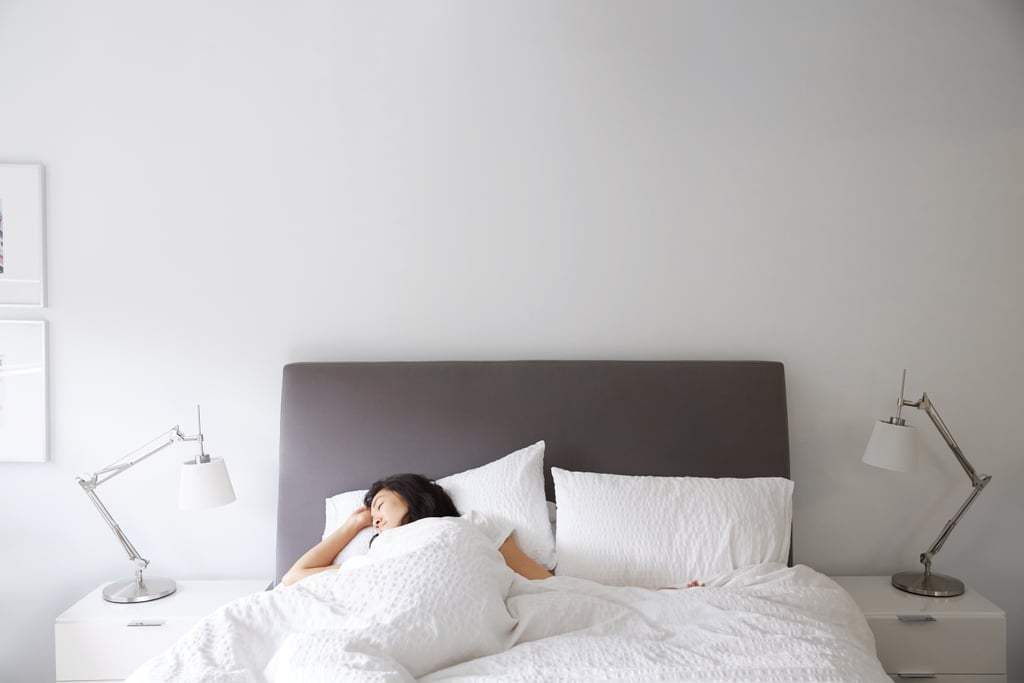
Hormones called androgens overstimulate the skin's oil glands, which frequently leads to a breakout around menstruation. (If you break out along your jawline, this is the likely culprit.) Some women find relief by going on oral contraceptives — aka the Pill — but you'll need to discuss the benefits and risks with your doctor. You might also want to explore conditions such as polycystic ovarian syndrome [5], which can contribute to acne.
You're Picking at Your Face
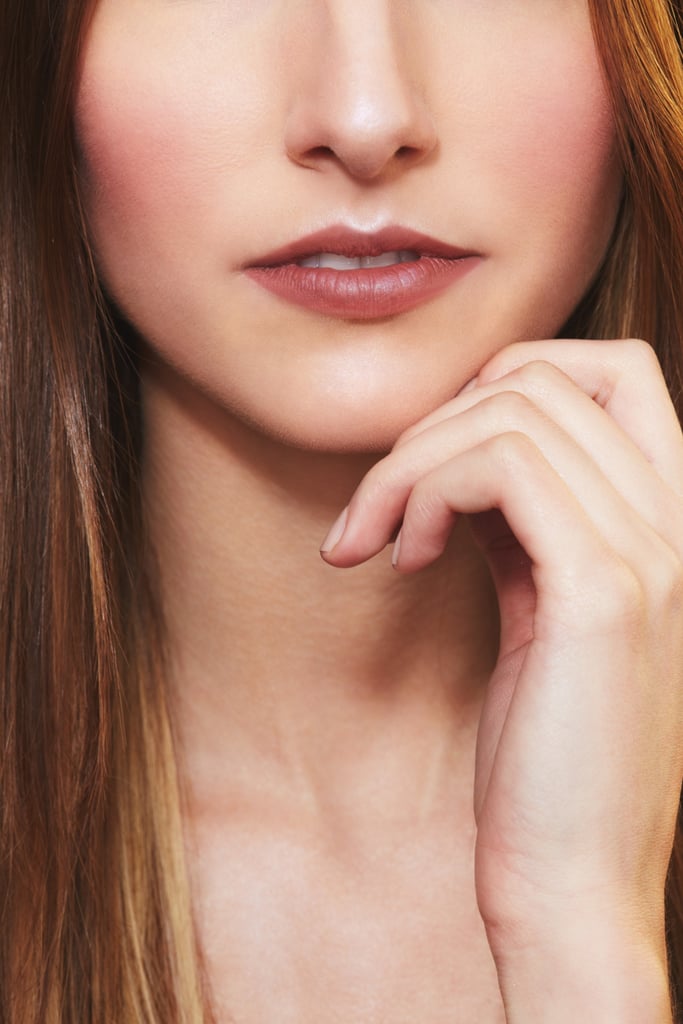
You know that whitehead that's just begging to be squeezed? Leave it alone. Same with blackheads, nodules, and everything else. Picking at your skin introduces more germs, increases the chances of scarring, and can increase inflammation — which means more breakouts.
You're Allergic to Laundry Detergent
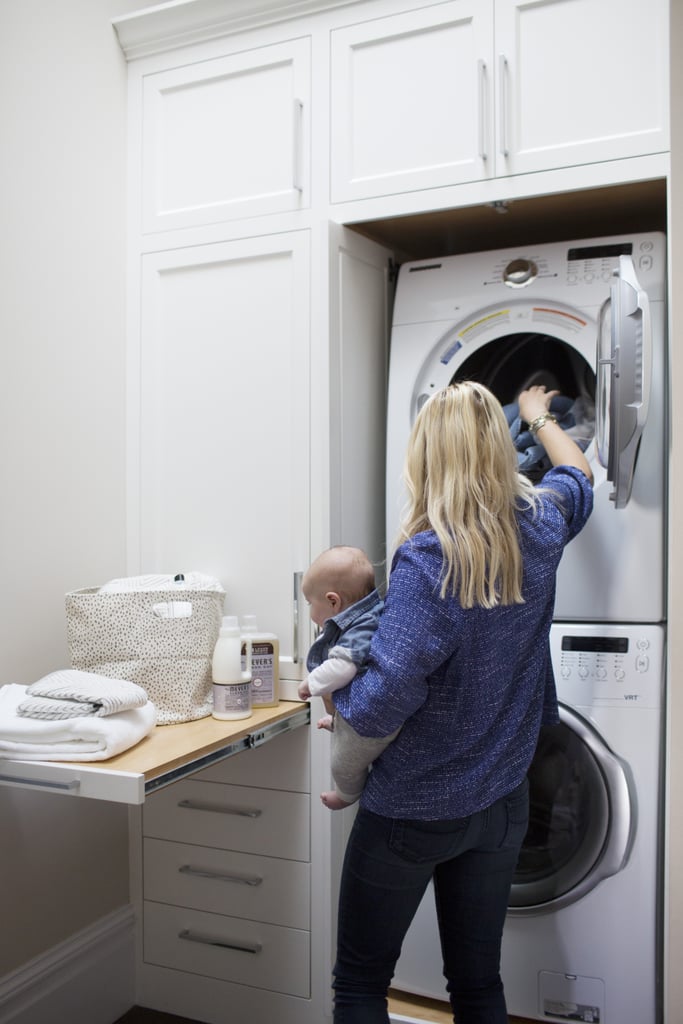
Especially for people with sensitive skin, laundry detergent, fabric softener, and tumble dryer sheets can irritate the skin. Some people even develop contact dermatitis and mistake it for acne. Swap your usual soap for a fragrance-free version, skip the dryer sheets, and this could clear things up.
It's the Weather

First things first: that idea that a little sunshine helps acne? It's a myth. But weather changes can affect your skin. Changing climates and seasonal shifts might be the cause of your breakout. If you've recently moved or have taken a holiday, see a beauty therapist or dermatologist. Usually they'll be able to help your skin get back to normal.
You Need More Sleep
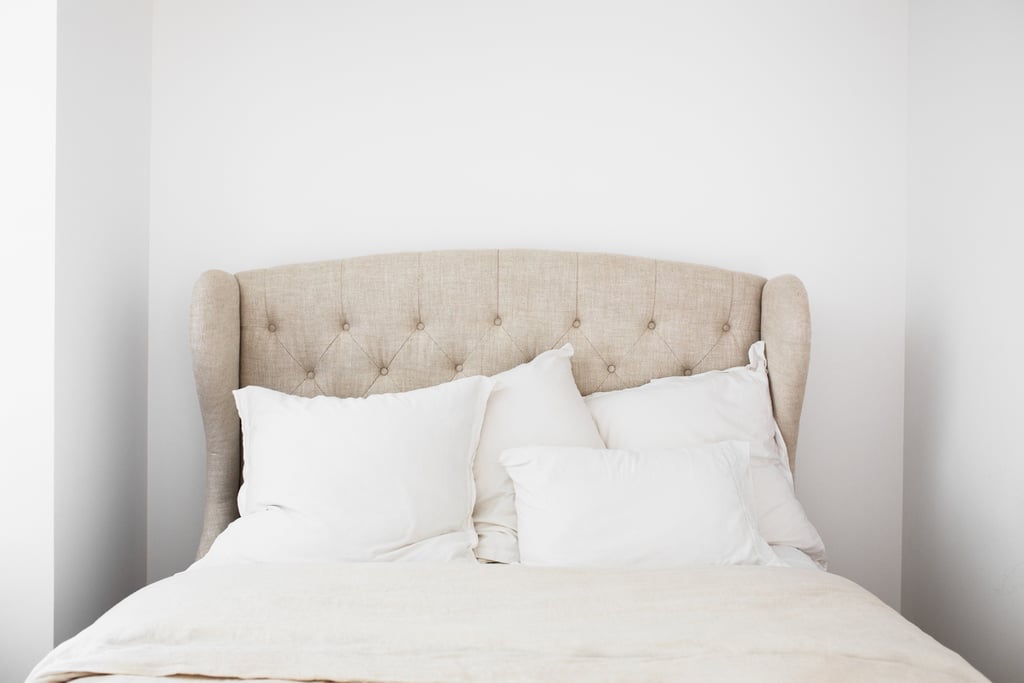
Ever think your acne is getting worse overnight? It could be. Not sleeping enough inflicts stress on the body, which raises levels of cortisol, the so-called "stress hormone." In turn, cortisol creates breakouts. Aim for eight hours of sleep per night, even if you have to wear a sleep mask or earplugs to catch those z's.
You're Pregnant

For some women, a baby on the way means acne in the here and now. Progesterone increases during pregnancy, which can affect the skin's oil levels. While several safe treatment options exist, others such as Isotretinoin and tetracycline can cause birth defects. To be safe, talk with your obstetrician before embarking on a new skin care routine.
You're Travelling
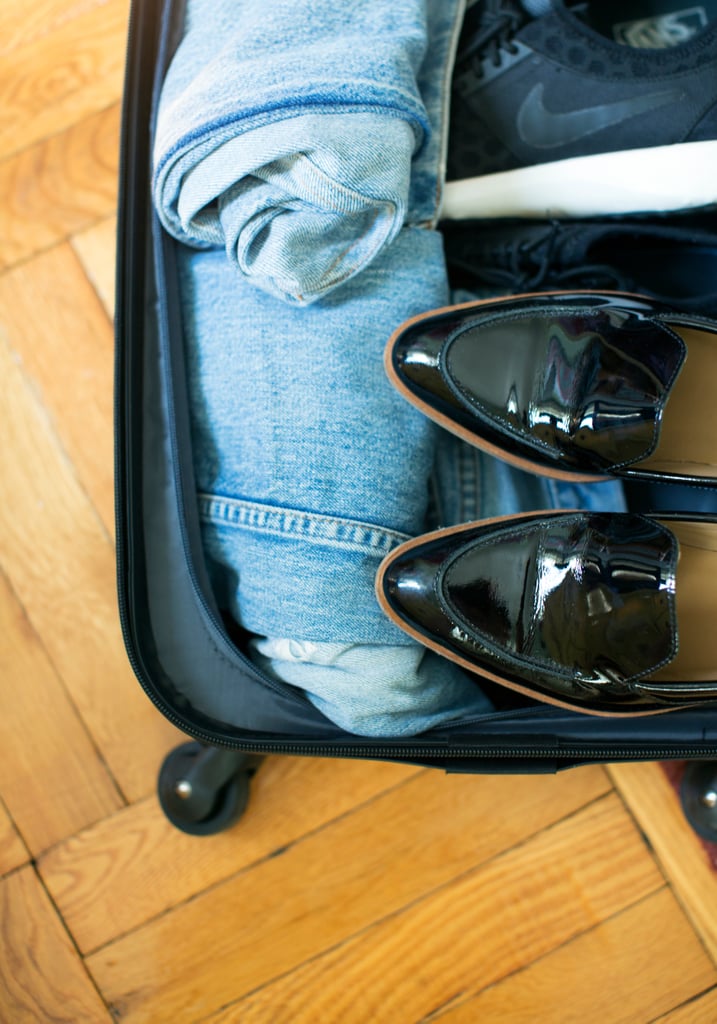
Many frequent fliers experience acne after a trip. The air in planes is very dry, which can trick your skin into producing even more oil. If you have to be up in the air, pack a noncomedogenic moisturiser in your carry-on.
You Take a Prescription Medication
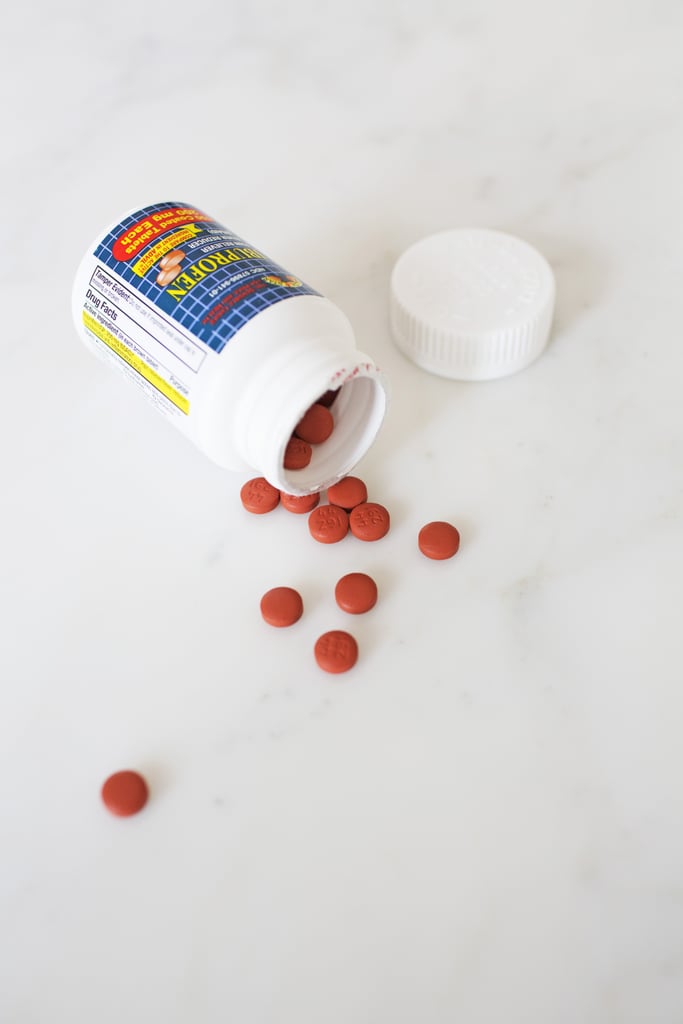
Some prescriptions list acne as a potential side effect. To get to the bottom of your breakout, it's worth looking at your prescriptions.
You're Stressed

Ever notice how your skin seems to break out right before a big event like a job interview? It's not a coincidence. Simply put, stress is terrible for your body — and that includes your skin. Stress raises levels of cortisol, which increases inflammation and causes oil glands to go into overdrive. While completely avoiding stress is impossible, you can improve your skin (and overall well-being) by meditating, relaxing, spending time with animals, or doing anything else that calms you.
Those Sheets Are Dirty
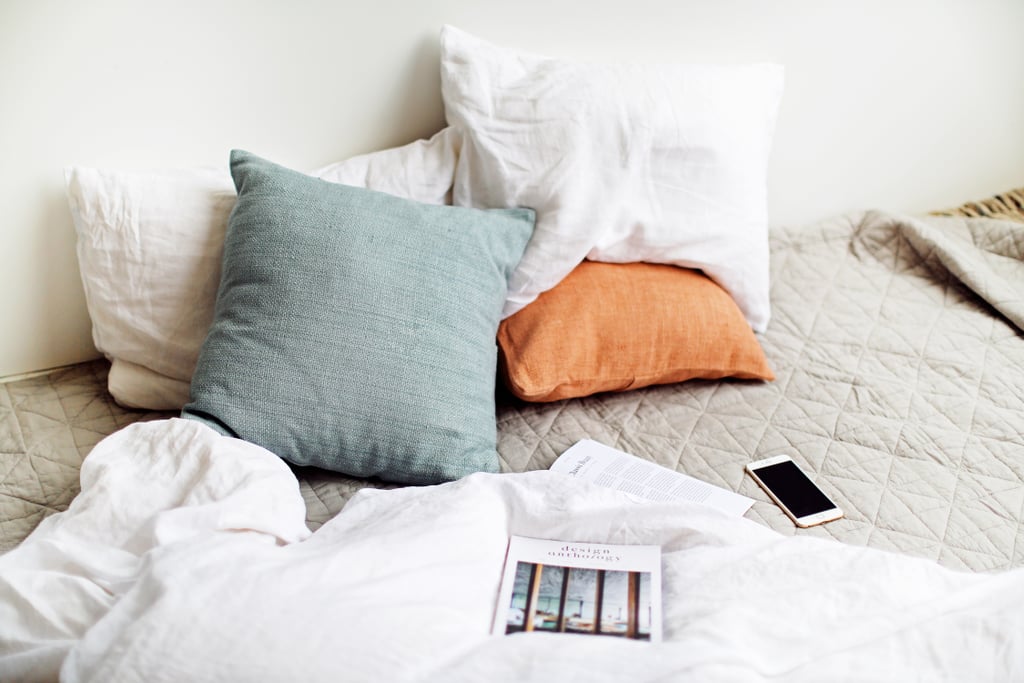
When was the last time you changed your sheets? Bed linens can harbour bacteria, which are more than happy to multiply on your face. Change your pillowcases at least twice a week. That goes for towels, too.
You Like to Talk on the Phone

Breaking out on your cheeks? Your phone could be the culprit. Pressing a phone to your skin can lead to a breakout. Once a week, clean your phone with an alcohol wipe — and if you've been on the phone for more than 15 minutes, it might not be a bad idea to cleanse your face, too.
Your Diet Is Breaking You Out

Considering your diet might be beneficial when trying to fix your skin woes. Lowering your consumption of dairy, caffeine, peanuts, seaweed, sugar, and soy can lead to clearer skin. Good-for-your-skin foods include salmon, dark leafy greens like kale, and antioxidant-rich green tea. Give it a month and see what happens. After all, you are what you eat.
Your Products Are Clogging Your Pores
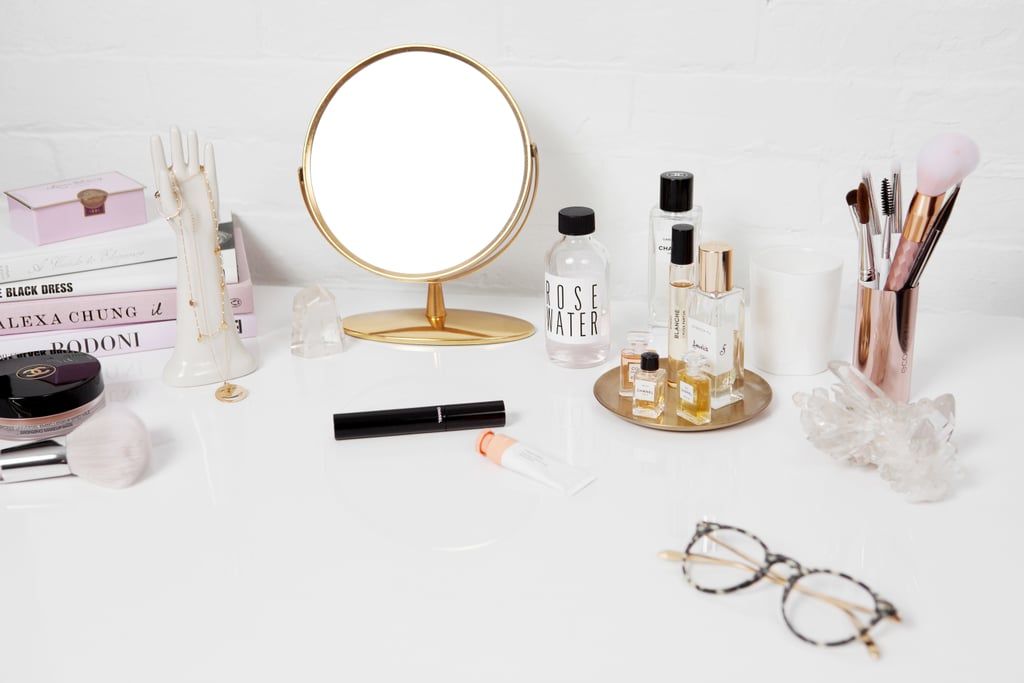
Comedogenic ingredients build up in pores, and unfortunately, they're in plenty of beauty products. Looking for products with "noncomedogenic" labels is a good place to start, but you'll also want to check the ingredient list.
You're Washing Too Much — Or Not Enough
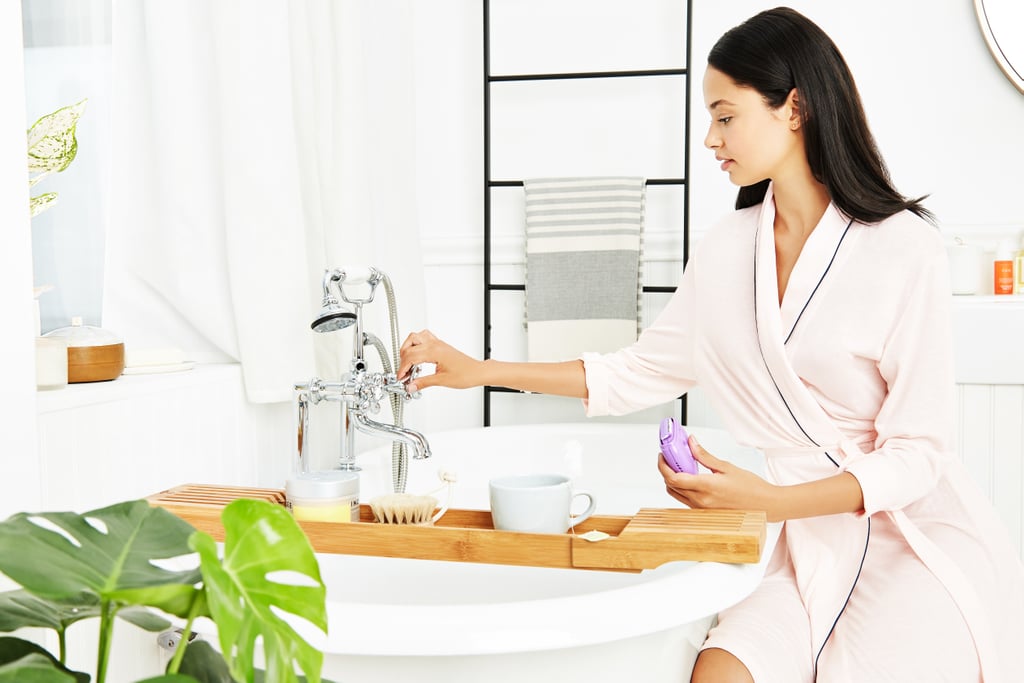
Cleansing your face of sebum, makeup, and dirt is important. Some acne sufferers, however, believe that washing more frequently will lead to better skin. Not so! Cleansing in the morning and evening is all that's necessary. Any more than that, and you could irritate or dry out your skin.
It's Your Toothpaste
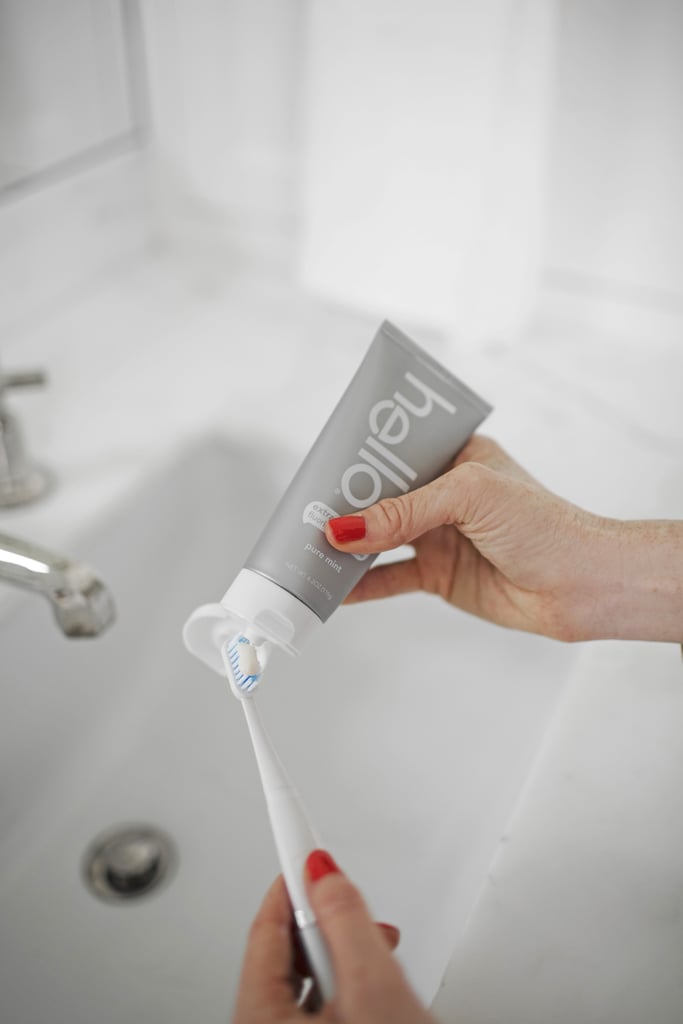
If you break out around the corners of your mouth, your toothpaste is the likely culprit. Aesthetician Kimberly Yap Tan of Skin Salvation [6] recommends Kiss My Face's all-natural variety to her clients. And that old tip about using toothpaste to heal a spot? [7] It's a myth.
You Go to Bed With Makeup On

We know, we know — you're tired. But hitting the hay without washing your face is a surefire way to trigger a breakout. If you're too exhausted to do a full skin care routine, get the worst of it off with a cleansing wipe.
You're Not Using Effective Treatments
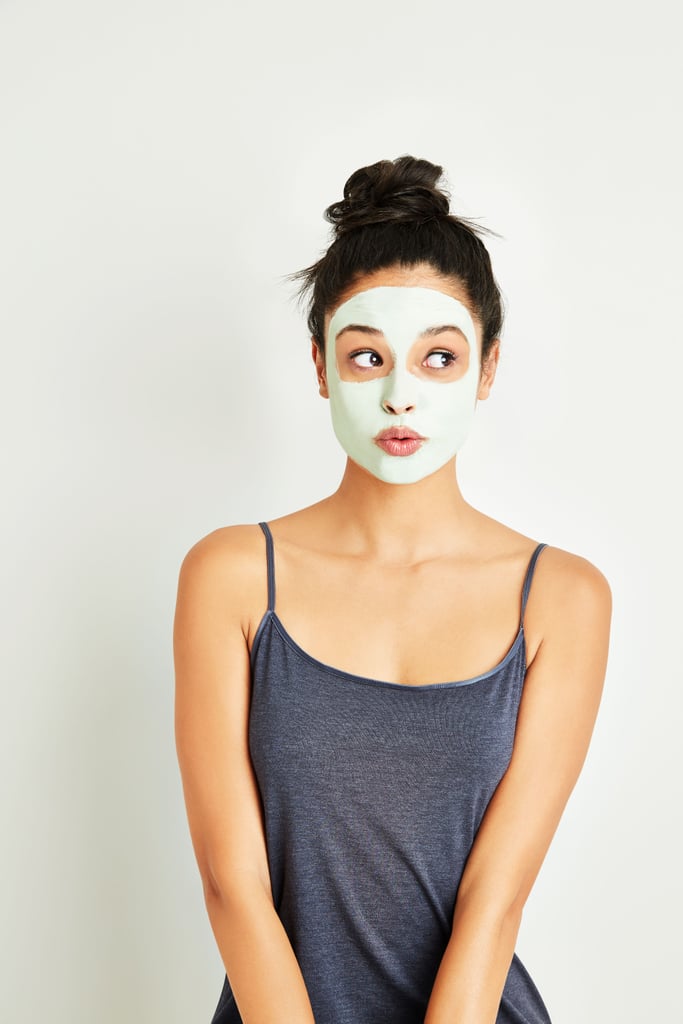
Unfortunately, cleansing your face isn't enough to make acne flee. To battle pimples, you'll need ammunition in the form of over-the-counter or prescription treatments. Benzoyl peroxide (which you get can on prescription from your GP_ kills the bacteria that causes acne, so it's highly effective as a preventative measure. Likewise, salicylic acid can keep pores from clogging.
When that's not enough, a dermatologist can offer help. Oral and topical antibiotics, topical retinoid creams, and chemical peels can all make a difference.
You're Not Giving It Enough Time

Are you all "hurry up please it's time" with your complexion? Slow down, little jaguar. Miracles don't happen overnight, so if you expect your skin to clear up in days, you'll be disappointed. Depending on your age, it may take up to three months for your skin cells to turn over and reveal new skin. Be consistent with your skin care regimen, and be patient.